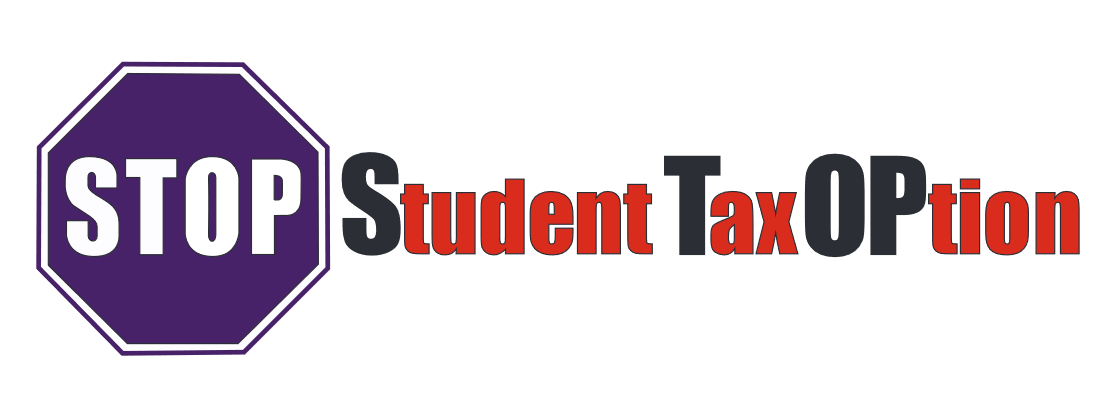The mortgage crisis of 2007-2008 was the result of an abundance of unstable loans, and a similar event could be brewing with regard to student loans. There are currently about 45 million borrowers who collectively owe $1.6 trillion in student loan debts, making it the second highest consumer debt category in America.
Similarities between the student loan situation and the previous mortgage loan crisis are many:
- Loans continue to be issued, seemingly without much consideration for the borrower’s ability to repay them.
- Borrowers are being inadequately advised by loan servicers on how to avoid default.
- Credit scores are affected when loan payments cannot be made, and low credit scores prevent borrowers from being able to make milestone purchases, such as homes.
- Minority groups in particular have been significantly impacted by student loan defaults.
What You Need to Know
Government officials and those in the private sector have proposed ideas to prevent another mortgage crisis level disaster, but often borrowers find it difficult to obtain and synthesize all the information that’s out there. So we’ve gathered information on a few important topics to arm you with some basics.
Be Responsible When You Borrow
This is of utmost importance. Apply for grants and scholarships first. Then try federal loans, followed by private loans if needed. The more money you can get for college that you do not have to pay back – as with grants and scholarships – the less you will need to borrow and repay. Consider getting a co-signer for your loans as this can help lower your interest rate, depending on your co-signer’s credit score and income.
Loan Forgiveness
The Public Service Loan Forgiveness program is the government’s most significant means to forgive federal student loans. To qualify, you must make 120 monthly payments while you are employed by a participating public service or a non-profit organization. If you are interested, be sure to confirm your employer qualifies for the program. Be wary of any company that offers to forgive all of your student loans. It’s likely a promise they can’t deliver on.
Income-Based Repayment
You as a student loan borrower have options to improve your ability to pay off your student loans. Taking part in an income-based repayment is beneficial if you are struggling to pay. Income-Based Repayment (IBR) and Revised Pay As You Earn (REPAYE) are good examples of how to lower your monthly payments based on income. Your federal loans will accrue interest, but in the short-term, income-based repayment will help you. Loan forgiveness on federal student balance could be an option for you after 20 to 25 years.
Refinance Loans
If you find a private lender with a lower interest rate, refinance. With a lower interest rate often comes a lower monthly payment, which means paying less interest over the life of the loan. This could be thousands of dollars in savings. And, you can refinance with private lenders as may times as you want, as long as you find an interest rate lower than your current one. Right now, student loan refinance rates are particularly low, so seek out lenders who can offer you a competitive rate.
Lump-Sum Payments
Consider making extra lump-sum payments to pay off your loans quicker if you have the money to do so. Forego paying only the minimum and instead, apply any additional income from a side gig, tax refund or holiday bonus to your principal balance. Be sure to inform your loan servicer in writing that you want the additional funds to be applied to principal only so that you then reduce the interest you owe as well.
The bottom line is this – borrow only what you need and do what you can to lower your interest rate and monthly payment. Be sure to ask questions and work with you loan servicer to find options to avoid default.

